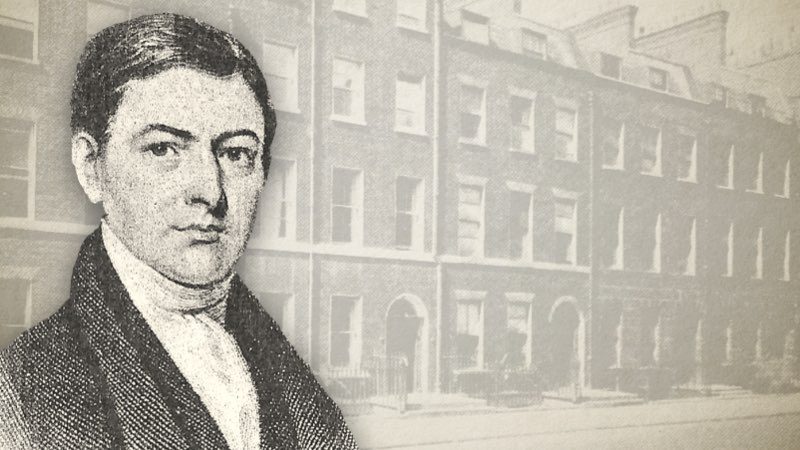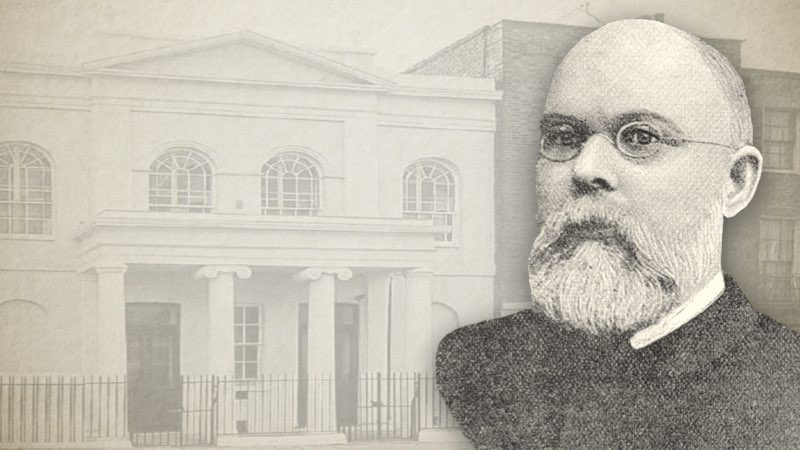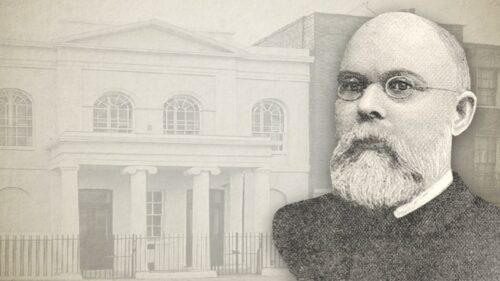-
The Fishermen And The Gospel Net
“Follow Me, and I will make you fishers of men.”—Matthew 4:19 The sea is an emblem of the world. As the sea has in it various living creatures, and some monsters, so has this world. In the sea is "that leviathan" (Psalm 104:26), and in the world is Satan, "the prince of the power of the air, the spirit that now worketh in the children of disobedience'' (Eph. 2:2). In the sea there are fish to be taken by net or by hook; and some that are taken are cast away as useless and destroyed. In this world sinners are gathered by the Gospel net and testimony, but all that are gathered by the preaching of the word are not saved; for to some, the…
-
The Free Offer Of The Gospel
The free offer of the gospel is not only a presumptuous act on the part of the preacher, it also contradicts the nature of the gospel, setting forth a false message to unregenerate sinners. While it is a good tool for proselyting, it is a disgraceful tactic for evangelism. There is a vast difference between preaching and offering. The scriptures make clear the gospel is to be freely preached, but there is not a single reference it is to be offered. Hyper Calvinists are often accused of preaching the gospel only to the elect. This is not true. Hyper Calvinists preach a full and free gospel to everyone. They do not, however, presumptuously offer the gospel to anyone. The gospel is God's to give (through…
-
The New Covenant
A covenant means a contract, compact, arrangement between two or more persons. As employed by God it denotes the methods and terms in which He deals with men. He brought Israel out of Egypt by His outstretched arm, and entered into a covenant with them at Sinai. In our text He promises to enter into another arrangement with His people of a different nature to that made at Sinai, which they had broken. An understanding of this covenant, and an interest in it, are matters of paramount importance. It is denominated “a new covenant.” This refers to the date of its publication, otherwise it existed before the other covenant. As Kent sings:— " This cov'nant stood ere time began, That God with men might dwell;…
-
A Pastoral Charge
The Charge Delivered By Mr. G. Moyle, Baptist Minister, Of Rye Lane, Peckham, At The Ordination Of Mr. S. K. Bland, Of Cheshunt. In the afternoon, Mr. Joseph Hamblin, late of Foot’s Cray, read a portion of scripture, and offered up sincere and earnest prayer for the pastor and people now united. Mr. George Moyle, of Peckham, delivered The Charge, from 2 Timothy 2:24,25: “And the servant of the Lord must not strive; but be gentle unto all men, apt to teach, patient. In meekness instructing those that oppose themselves; if God peradventure will give them repentance to the acknowledging of the truth." These words were written by an inspired apostle, and must not therefore be considered as the words of man, but as they…
-
I’m Not That Bad
FOR A COMPLETE ORDER OF WORSHIP, INCLUDING BIBLE READING, HYMNS AND SERMON...
-
I’m Not That Bad
No one ever seeks God’s grace until they discover a need for it. One of the great failures of modern evangelistic practices is trying to convert people who have no real sense of sin and no felt need of forgiveness. Until a man or a woman come to grasp their true sinful state before the holy Lord God they will have little interest in what freewill preachers have to offer and no appetite for what true preaching has to say. In Adam all die We believe God created the first man, Adam, after His own image, and in His likeness; an upright, innocent creature, capable of serving and glorifying Him. However, Adam, in disobeying God, came short of the glory of God, fell into sin…












